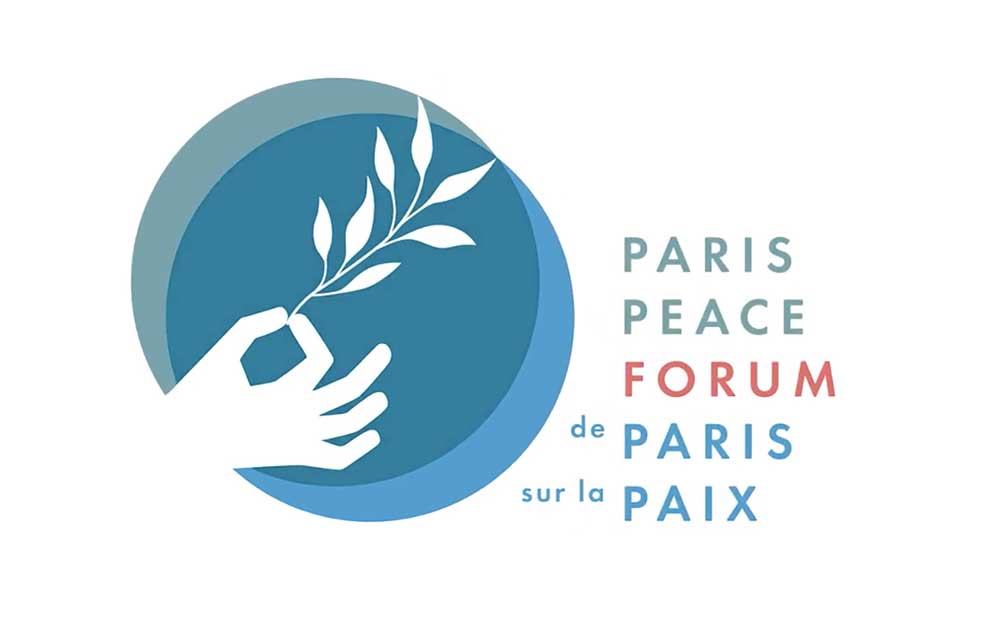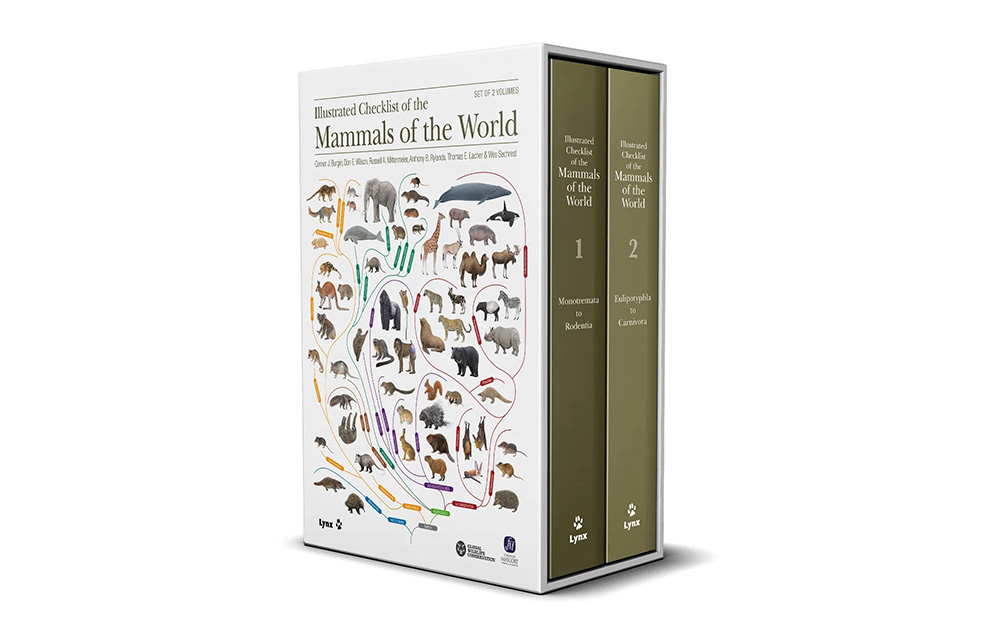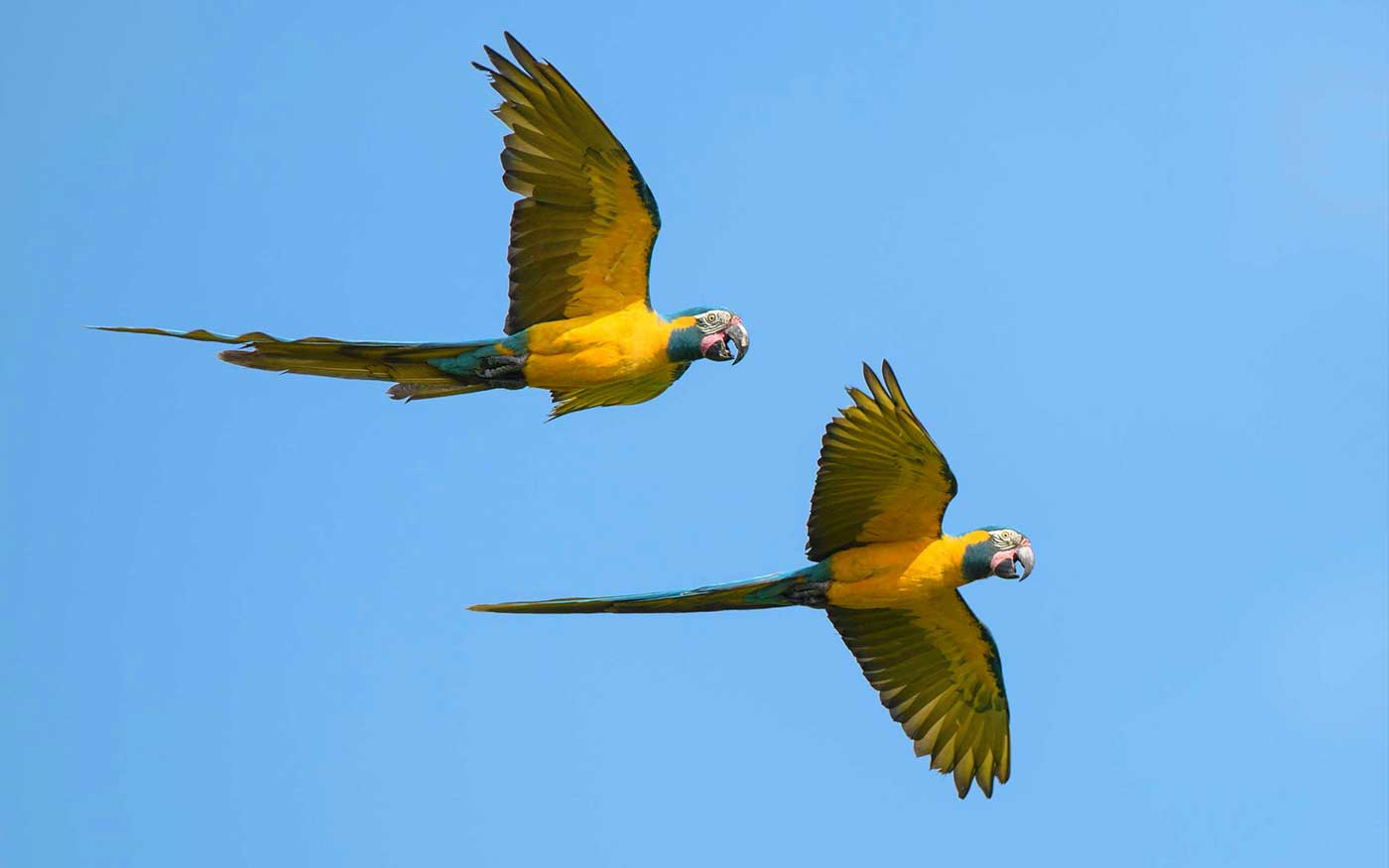At the third annual Paris Peace Forum, Razan Al Mubarak challenged government and business leaders worldwide to expand the meaning of “environmental protection” beyond fighting climate change by funding conservation and biodiversity initiatives to the same extent.
“Governments around the world are making big gestures by injecting money into the economy,” said Ms. Al Mubarak in reference to post-pandemic recovery strategies. “What I and many others are advocating for is that these stimulus programs include a nature recovery plan, so that countries are not only reducing emissions, but also giving nature and biodiversity the resources they need to survive and thrive.”
Ms. Al Mubarak said a similar approach was needed in the corporate world.
“In terms of business, “the ‘E’ in ESG (Environmental, Social and Corporate Governance) is largely defined by and limited to a climate change narrative, and not an overall nature narrative that includes the protection of habitat and biodiversity and the restoration of ecosystems,” she further stated. “What many of us are pushing for is an expansion of the meaning of the “Environment”in the ESG framework.”
This year’s Paris Peace Forum brought together 12,000 participants in 151 countries including 60 heads of state, government and international organizations, civil society and the private sector to focus on a global post-pandemic response to COVID-19.
Ms. Al Mubarak spoke during “Biodiversity at the Center: Conserving Nature and Avoiding Pandemics,” a preparatory event for next year’s Convention on Biological Diversity at the 15th Conference of the Parties (COP15) in Kunming, China. The discussion explored strategies for post-2020 global biodiversity governance to be presented and adopted at COP15. Ms. Al Mubarak was joined by: Bérangère Abba, France’s Secretary of State to the Minister of Ecological Transition, in charge of Biodiversity; Isabella Pratsi, International Conservation Director, WWF Italy; Zhao Yingmin, China’s Vice Minister of Ecology and Environment; and Anne Le More, Co-President of Chef’s 4 the Planet.


